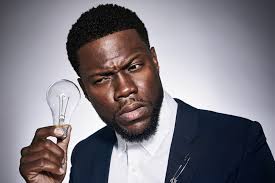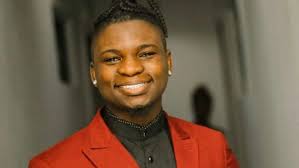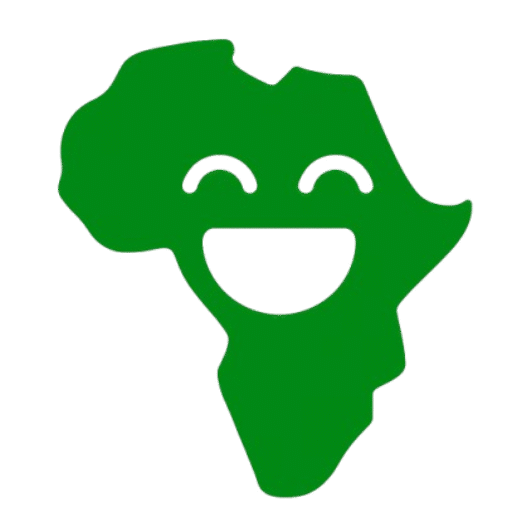Not too long ago, African cultural humour was something you had to be “in on” to enjoy — the kind of humor that lived in local slang, family jokes, and community experiences. But in 2025, the laughter is global. Western audiences are tuning in, streaming, and showing up for African comedians like never before.
So, what changed? Why are African jokes — once thought to be “too regional” — now commanding stages in New York, London, and Toronto?
Let’s unpack the cultural rhythm behind this global laughter wave.
1. Storytelling Is Universal — and Africans Are Masters of It
At the heart of African humor is storytelling. Every joke isn’t just a punchline; it’s a story — full of rhythm, exaggeration, and humanity.
When Trevor Noah tells tales of growing up in apartheid South Africa, or when Daliso Chaponda jokes about being “a Malawian immigrant explaining himself to the British,” the stories go beyond geography. They connect to something deeply human — awkwardness, survival, family, hope.
Western audiences, used to rapid-fire one-liners, find this narrative style refreshing. It’s immersive, authentic, and cinematic — a reminder that the best jokes are often the truest ones.
2. Cultural Contrast Creates Instant Comedy Gold
One of the strongest comedic tools is contrast — the tension between what’s expected and what’s real.
African comedians use cultural contrast as a playground. Think of Michael Blackson’s exaggerated accent, Gina Yashere’s tales of being “too Nigerian for Britain but too British for Nigeria,” or Long John’s stories about Western culture shock.
These contrasts highlight not just differences, but shared absurdities. The audience laughs because they recognize themselves — just from another angle.
3. African Humor Is Boldly Honest (and That’s Refreshing)
In a time when Western comedy is often cautious about political correctness, African humor feels like a breath of fresh air.
Africans joke about everything — politics, poverty, religion, even colonization — with a kind of honesty that’s fearless but not cruel. This raw, truth-telling energy is what Western audiences find magnetic.
It’s not shock value — it’s sincerity. It’s the art of saying what everyone’s thinking, but with warmth, wisdom, and wit.
As one British reviewer said after a Basketmouth show in London:
“He made us laugh about things we’d never even dared to discuss — and somehow it felt freeing.”
4. Shared Struggles, Different Punchlines
The world isn’t as divided as it looks — and laughter proves it.
When an African comedian talks about power cuts, school struggles, nosy aunties, or daily hustles, audiences in the US or UK often laugh with familiarity.
Sure, the settings are different, but the emotions are identical. Who hasn’t had a strict parent, an awkward cultural mix-up, or a moment of feeling out of place?
Humor becomes the bridge — connecting lived experiences across continents.
That’s why shows like Bob Hearts Abishola (created by Nigeria’s Gina Yashere) or Trevor Noah’s Daily Show moments resonate globally. They’re specific yet universal — a perfect blend of “this is us” and “that’s me too.”
5. The Rise of the African Diaspora in Western Media
Another reason African humor travels so well today? Visibility.
The African diaspora is growing — not just in population but in cultural influence. From Afrobeat to fashion to film, Africa’s creative energy is pulsing through Western pop culture.
Comedy is part of that movement. African comedians are no longer “visiting acts”; they’re mainstream entertainers with Netflix specials, TV roles, and sold-out international tours.
This visibility helps Western audiences understand context — the accent, the references, the rhythm — and suddenly, the jokes land perfectly.
6. Internet Culture Flattened Borders (and Boosted Relatability)
Social media and streaming platforms have destroyed old cultural walls. A teenager in Chicago can watch a skit from Nairobi on TikTok and find it hilarious.
Comedians like Elsie Majimbo and Taaooma didn’t wait for traditional fame — they built their own audiences online, using humor that crossed borders effortlessly.
African comedy’s mix of facial expression, body language, and situational humor translates easily across cultures and languages — it’s visually funny, not just linguistically clever.
That’s why it thrives online, where laughter needs no subtitles.
7. Western Curiosity About Authentic Voices
In an era where audiences crave authenticity, African comedians offer something the Western scene has been missing — fresh perspective.
Instead of recycled pop culture jokes, you get real human insight told through an African lens. The comedy feels new, yet meaningful — a mix of discovery and delight.
Trevor Noah once said:
“Comedy is how you learn about a place without a textbook.”
And that’s exactly what African humor gives Western audiences — an education wrapped in laughter.
8. The Emotional Power of Joy
Beyond intellect or relatability, African humor carries something deeply emotional — joy as resistance.
For many Africans, laughter isn’t just fun; it’s survival. It’s how people find light in struggle and humor in chaos.
When Western audiences experience this joy, it’s contagious. There’s a certain depth to African laughter — it feels earned, not forced. It’s laughter with history, with soul.
That emotional depth is what makes audiences leave African comedy shows not just entertained, but uplifted.
Then vs Now: From Stereotypes to Spotlight
Then: African comedy was often overlooked, boxed in by stereotypes of what “African humor” should sound like.
Now: It’s a cultural export — smart, modern, and global.
From Lagos to London, African comedians aren’t just adapting to Western stages — they’re redefining them. They’re showing that you can joke about identity, migration, and difference — and make it feel like home to everyone listening.
Wrapping Up:
The appeal of African humor isn’t accidental — it’s rooted in truth, culture, and connection.
It’s proof that laughter knows no passport.
As global audiences continue to seek authenticity, African comedians stand ready — mic in hand, stories in heart, and punchlines that hit home anywhere in the world.
In the end, African humor isn’t just making people laugh — it’s making the world a little smaller, one joke at a time.



















